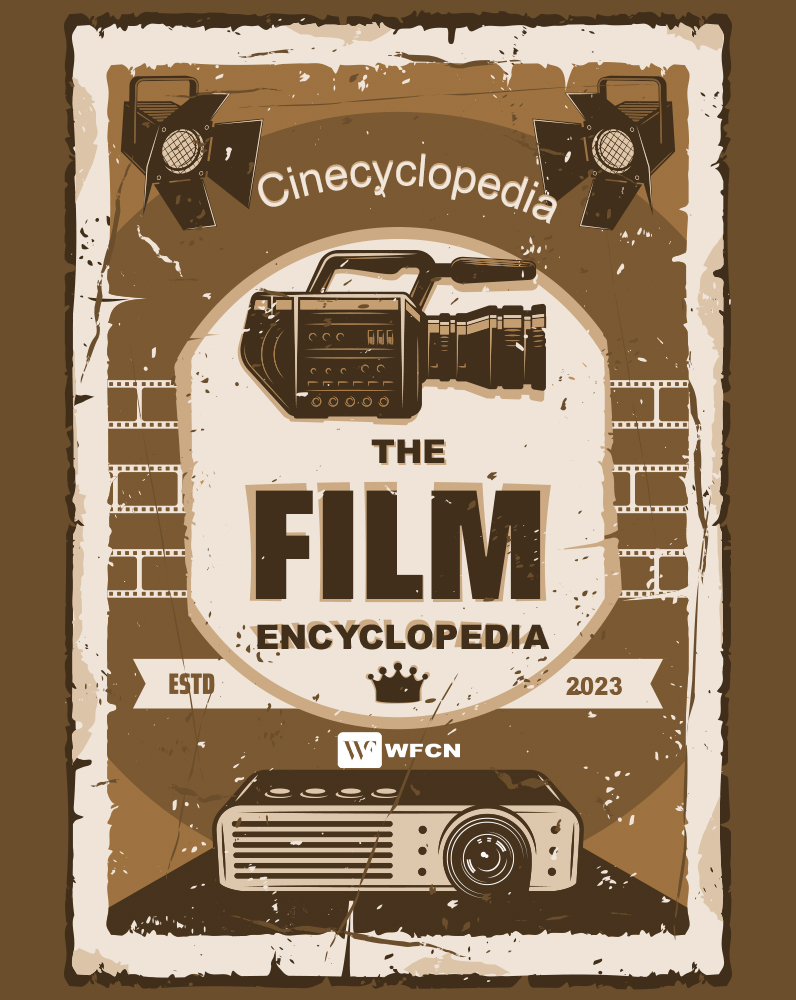Film Theory
Created on : January 3, 2024 15:23
Denotation
Within the academic field of cinema studies, film theory is a collection of scholarly approaches that started in the 1920s by challenging the formal elements of motion pictures. Today, it offers conceptual frameworks for comprehending the relationship between film, reality, other arts, individual viewers, and society as a whole. Though these three fields are related, cinema theory should not be mistaken with general film criticism or film history.

Introduction
Film theory is a complex and interdisciplinary field that involves the study and analysis of the cinema as an art form, a cultural phenomenon and a medium of communication. It encompasses a wide range of approaches and perspectives that seek to understand the nature of film, its aesthetics, its impact on society and its relationship with other art forms and media.
Key Aspects of Film Theory
Here is a more detailed breakdown of key aspects of film theory:
Aesthetics and Formal Elements in Filmmaking:
Film theorists often delve into the formal elements of cinema, including cinematography, editing, sound design and visual composition. They explore how these elements contribute to the overall aesthetic experience of a film and how filmmakers use them to convey meaning.
The study of narrative structure is a significant aspect of film theory. Film theorists examine how stories are constructed in films exploring concepts such as narrative arcs, plot structures and the use of storytelling techniques like flashbacks or non-linear narratives.
Genre Studies:
Film theorists analyse different film genres for e.g., drama film, comedy film, horror film, science fiction film to understand the conventions and expectations associated with each. They explore how film genres evolve over time and how filmmakers both adhere to and subvert genre conventions.
Cultural and Societal Impact:
Film theory often explores the cultural and societal implications of cinema. This includes the examination of how films reflect and influence social attitudes, ideologies and historical contexts. Scholars may study how films contribute to the construction of identity, representation and social norms.
Semiotics and Symbolism in Filmmaking:
Film theorists draw on semiotics the study of signs and symbols to analyse the use of visual and auditory symbols in films. They explore how images and sounds convey meaning and contribute to the film's overall message.
Psychoanalytic Approaches:
Some film theorists influenced by psychoanalytic theories, analyse the psychological dimensions of characters and narratives. This includes exploring the use of symbolism, dream sequences and the representation of the unconscious mind in films.
Political and Ideological Analysis:
Film theory often engages with political and ideological dimensions examining how films can reflect or challenge dominant ideologies. This includes the study of propaganda films, political allegories and representations of power dynamics.
Technology and Medium-Specific Analysis in Filmmaking:
As film is a medium that has evolved with technology film theory also considers the impact of technological advancements on filmmaking. This includes discussions on the transition from silent films to sound cinema, the introduction of colour films, and the influence of digital technology on contemporary filmmaking.
Conclusion
A dynamic and evolving field for cinema with new approaches and perspectives emerging over time provides a framework for understanding the art of filmmaking, its cultural significance and its role in shaping our understanding of the world.